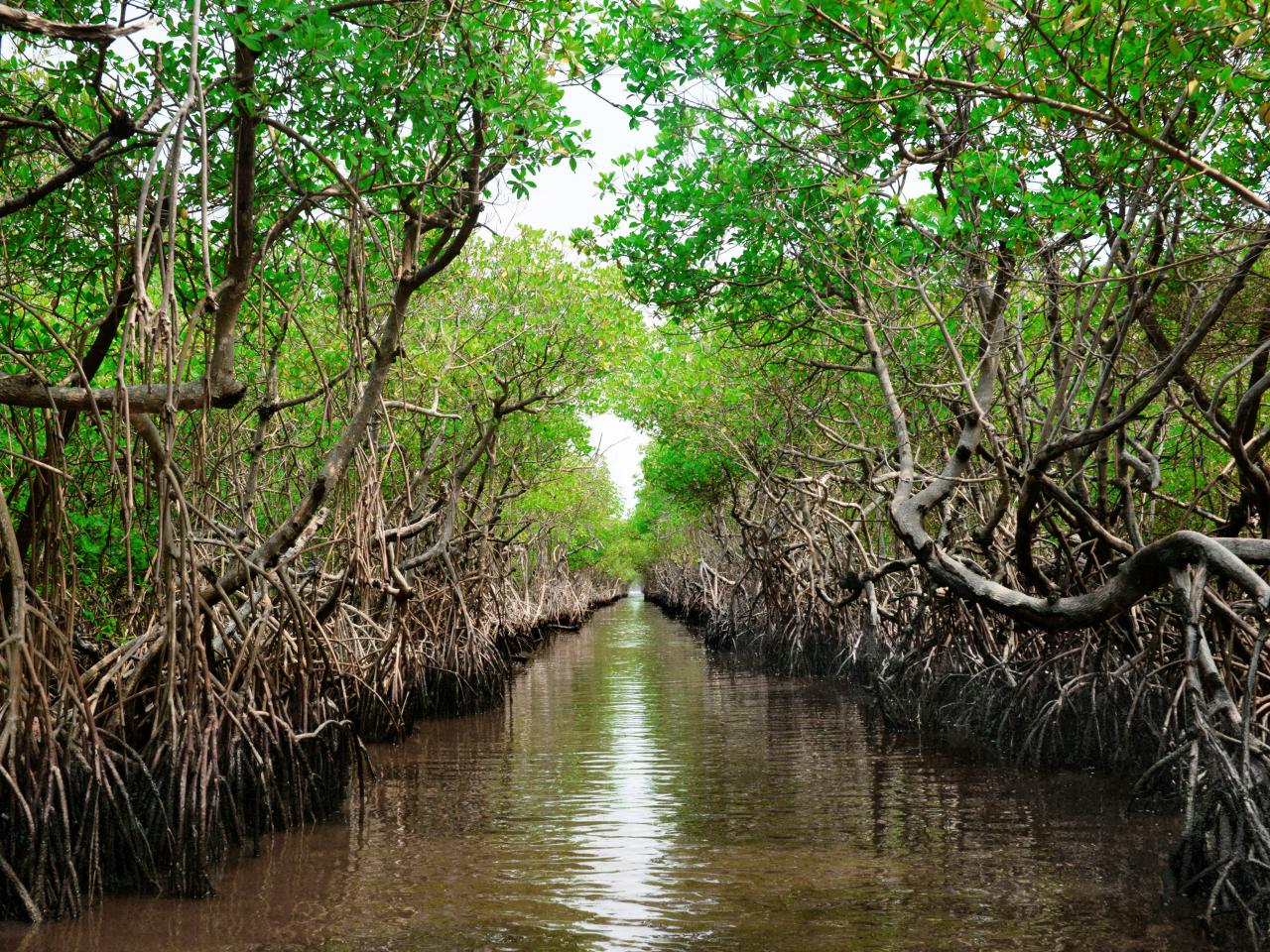The United States Agency for International Development (USAID), on Thursday, raised the alarm that Nigeria is quickly losing its mangrove cover as a result of several activities that are not climate-friendly.
Melissa Jones, Mission Director, USAID/Nigeria, disclosed this while speaking at the Mangroves Conference organised by USAID to facilitate crucial dialogues between policymakers, regulators, researchers, civil society organisations, mangrove experts and international partners on the challenges and opportunities facing Nigeria’s mangroves.
According to her, Nigeria boasts over 850 kilometres of coastline, hosting extensive mangrove forests that are among the most biodiverse in the world and the largest in Africa.
“However, despite their immense ecological and socioeconomic importance, Nigeria’s mangroves are undergoing substantial losses and degradation due to unsustainable logging practices, oil extraction and pollution, rapid urbanisation, and climate change.
“Nigeria has lost over 60 per cent of its mangrove cover since independence and about 35 per cent in the last 20 years.
“With a meagre less than five per cent of Nigeria’s mangroves under protected status, this trend of loss is expected to continue unless drastic action is taken,” she said.
She said mangroves are not just a critical component of Nigeria’s coastal biodiversity, adding that they are lifelines for communities, habitats for countless species, and essential guardians against climate change.
According to her: “Coastal communities rely on the mangroves’ numerous fish species to satisfy nutritional needs and create employment, with entire families often involved across the fisheries value chain.
“Shellfish species, which abound in mangroves, are a particularly significant source of income for the communities, particularly for women who make up two-thirds of shellfish harvesters in the Niger Delta.
“Mangroves also hold a cultural significance for coastal communities, featuring strongly in local traditions, and providing plants for traditional medicines.”
Jones therefore called for a joint responsibility to act decisively and urgently to safeguard the mangrove for future generations, adding that the United States government is committed to addressing ecosystem and biodiversity losses as well as climate change in the country.
“At USAID/Nigeria, we are embarking on an important journey to expand our commitment to the environment and climate change. We plan to launch a couple of clean energy projects in the coming months, one of which is aimed at reducing projected methane emissions in the Niger Delta, and by extension, pollution in its mangrove forests,” she said.
Delivering his keynote address, Dr Iziaq Kunle Salako, Minister of State, Federal Ministry of Environment, said the conference was timely to complement the efforts of the government and underscore the importance of inclusivity in combating the numerous planetary emergencies facing the country.
Salako said Nigeria as a Party to the Convention on Biological Diversity (CBD), the UN Convention on the Law of the Sea, Abidjan Convention, and other related regional and sub-regional agreements remained committed to her obligations to protect, restore and ensure sustainable management of her marine ecosystem.
“The Nigerian government also, in its effort to rescue and conserve the mangrove ecosystems in the country is collaborating with Regional Partnership for Coastal and Marine Conservation (PRCM) and Wetlands International Africa (WIA) under a long-term, nine years mangrove for life project.
“The Federal Ministry of Environment is currently working on a proposal for the development of a framework for a national mangrove park and the establishment of a gazette mangrove park with a buffer zone and inventory of the mangroves resources while embracing nature-based solutions to support and enhance livelihoods, halt biodiversity loss and mitigate climate change.
“Through the Hydrocarbon Pollution Remediation Project (HPREP), the ministry has mapped out over 3000 hectares of degraded mangrove in Ogboniland for clean up and restoration. Youths and women are also being trained in mangrove restoration and raising of mangrove seedlings,” he said.

 Join Daily Trust WhatsApp Community For Quick Access To News and Happenings Around You.
Join Daily Trust WhatsApp Community For Quick Access To News and Happenings Around You.


